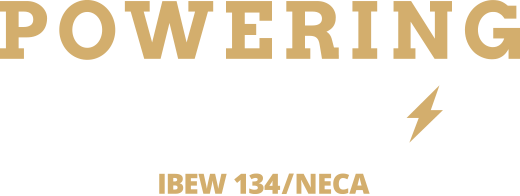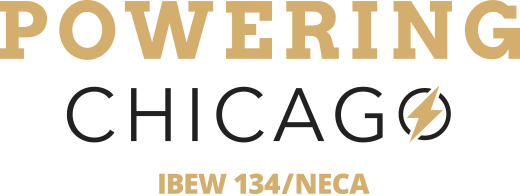Exploring solar power’s pros and cons
- Posted: June 13, 2023
- Photovoltaic (PV) array, photovoltaic (PV) system, Renewable Energy, Solar, solar electric systems, Solar Energy, Solar installation
Are you curious about photovoltaic (PV) energy, commonly known as solar energy? As a business owner, facilities manager, civic leader, or homeowner, you want to make sure the energy choices you make are right not just in the near term, but for the future.
While solar has real advantages, navigating the transition can bring challenges. Let’s examine solar power’s pros and cons.
Solar power benefits
- Lowers energy costs: Perhaps the biggest benefit of solar power is the financial benefits. Commercial entities can save up to 75% on their energy bills.
- Reputational benefits: A recent survey of over 1,000 U.S. adults shows renewable energy’s business value. 69% of survey respondents say a product’s environmental impact is key to their purchasing decision.
- Requires minimal maintenance: New solar panels that are correctly built and installed can last up to 30 years, according to National Renewable Energy Laboratory data. Additionally, all modules carry industry-standard 25-year warranties. Four main elements can impact the longevity of a solar panel including climate, quality, installation and maintenance.
- Environmental benefits: It takes about one year for a module to produce the amount of energy it took to manufacture. Additionally, solar energy doesn’t emit greenhouse gasses, there is no waste generated, it does not contaminate the water supply and it allows for a reduced dependency on fossil fuels.
Even with the benefits, converting part of your business’s energy consumption to solar is a big decision. Here are some of the more reasons why transitioning to solar can prove to be difficult.
The challenges of solar energy
- Initial investment: The startup costs of solar transition can prevent some organizations from making the leap. To offset expenses, you may be eligible for federal and Illinois incentive programs. A comprehensive list of incentives is available in our solar power e-book.
- Arrays are tied to brick and mortar locations: After a solar electric system is installed, it’s impractical to transport.
- Weather dependent: Solar power requires a lot of sunlight. If you live in an area without direct sunlight, the system will not be as productive. Additionally, solar systems are often less effective in the winter compared to the summer months. Sometimes this necessitates utility power to meet customer demands.
- Geographic limitations: Some solar energy companies only service specific states/geographic areas. In Chicago, you want to choose a qualified electrical contractor with a City of Chicago licensed supervising electrician on staff. This is required to obtain an electrical permit in the city and its suburbs. This verifies that your contractor understands the building and electrical codes designed to ensure your project’s safety.
- Requires existing infrastructure: Solar systems require a lot of space for installation. About 100 square feet of roof space is needed per 1kW solar power system. (Though solar doesn’t have to be installed on a rooftop, it often is due to space and logistical constraints.)
Powering Chicago’s solar electric system e-book
These are just a few of the things you’ll want clarity on before transitioning to solar. For a more comprehensive look at the benefits and drawbacks around solar electric system installations, Powering Chicago’s new e-book, Determining if a Solar Electric (Photovoltaic, PV) System is Right for Your Facility, includes the following sections:
- Solar Power 101: How it Works
- Exploring the Pros and Cons of Solar Power
- Bringing Solar Power to Your Business
- Costs, Rebates and Incentives
- Finding a Qualified Solar Installer
- Additional Resources
Download the e-book for free and learn how your business could benefit from implementing a solar electric system today.

